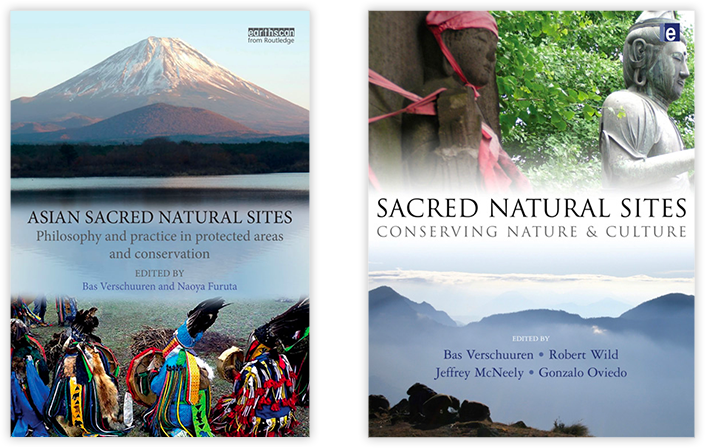VhaVenda lidé Vhembe, Limpopo provincie v samém severu Jižní Afriky, jsou uzamčeny ve snaze chránit své země před decimují rozvojových projektů a těžba uhlí, a poslední zbývající posvátná přírodní lokality, aby se zachránil z cestovního ruchu a výstavba silnic.

Oni žijí v krásné a úrodné úpatí pohoří Soutpansberg a udrželi živou kulturu, odráží v jejich mnoha zvyky, tradice a víry. Jádrem kultury Venda je systém posvátných přírodních stanovišť, včetně slavných, ale degradovaných Lake Funduzi, Thate Vonde lesa a Phiphidi pády.
Phiphidi is a place where important rain-making rituals are carried out by elders of the Ramunangi clan. But scant recognition is given to the spirituality of Phiphidi waterfall nor the traditions that have been the bedrock of Ramunangi culture for centuries. The waterfall, již dobře známé místo pro pobyt v přírodě a další aktivity, zřejmé z hromady smetí a použité kondomy, se změnil na staveništi, aby vyhovovaly přesvědčení, že bude stále více turistů.
"Zpočátku byla cesta postavena bez zohlednění duchovních míst podél řeky. A lomu se těžilo přímo nad důležitý duchovní stránky. Dnes nejposvátnější místo hned vedle vodopádu je vyhlouben vybudovat ubytování pro turisty bez jakékoli konzultace s oprávněné správců a v jasném rozporu s právním rámcem v Jižní Africe. V červnu, buldozery začal vyhloubit v blízkosti vodopádu Phiphidi budovat turistické chaty, aniž by některý z slíbil konzulatations", říká jeden z místních starších.
V reakci na, the custodians of the Venda’s sacred natural sites have formed a committee called Dzomo la Mupo (Hlas Země). Věří, že v případě zničení Phiphidi místa posvátná, je povoleno, it will pave the way for the destruction of all seven sacred sites in Venda. One of the chiefs explains,
"Naše posvátná místa jsou základem naší kultury, naší společnosti. If we protect them and respect them, we have a chance to save the future. All previous generations of elders and leaders, respected our sacred sites. Why is it now being destroyed? What has happened to our leaders? Do they feel no obligation to their ancestors or to their children?.”
The role of sacred sites across the world is recognised internationally by IUCN and UNESCO as places of ecological, cultural and spiritual significance. South Africa has legal obligations under the South African Heritage Resources Act and international law to protect biodiversity and community rights to sacred lands, cultural and spiritual practice and prior informed consent. The South African Constitution also states that all South African citizens have the right to enjoy and practice their culture and spirituality and associate freely without discrimination (e.g. Sections 9, 30 a 31); a right to an environment that is not harmful to their health or wellbeing and to have the environment protected (Section 24); and a right to information (Section 32). They also have a right to administrative justice.
“Government bodies have failed to uphold their responsibilities to protect the rights of communities as required by law”, explains Roger Chennels, the legal advisor to the Dzomo la Mupo.“The ongoing and deliberate destruction of Phiphidi waterfalls, one of the last most sacred places in Venda, clearly illustrates that although South Africa has made good progress in terms of instituting progressive legislation, it is still far behind in the democratic implementation of these laws. When it comes to the implementation of rights-based legislation, poor communities are still at the mercy of officials flouting their very clear constitutional rights and traditional authorities that have too much political power to take their subjects’ concerns seriously.”
The Gaia Foundation and the African Biodiversity Network are supporting Dzomo la Mupo to stop the bulldozers, arguing for protection of customary rights and responsibilities to sacred lands. Meanwhile the bulldozers continue to destroy this sacred site of Phiphidi waterfall and forest, to start building tourist huts without local consultation with the community nor legally required environmental impact assessments.
Take action
- Join us in helping to stop the destruction of Phiphidi waterfalls and other sacred sites in Venda, Jižní Afrika.
- Send a letter of your support, or sign-on to a Statement of Support.






